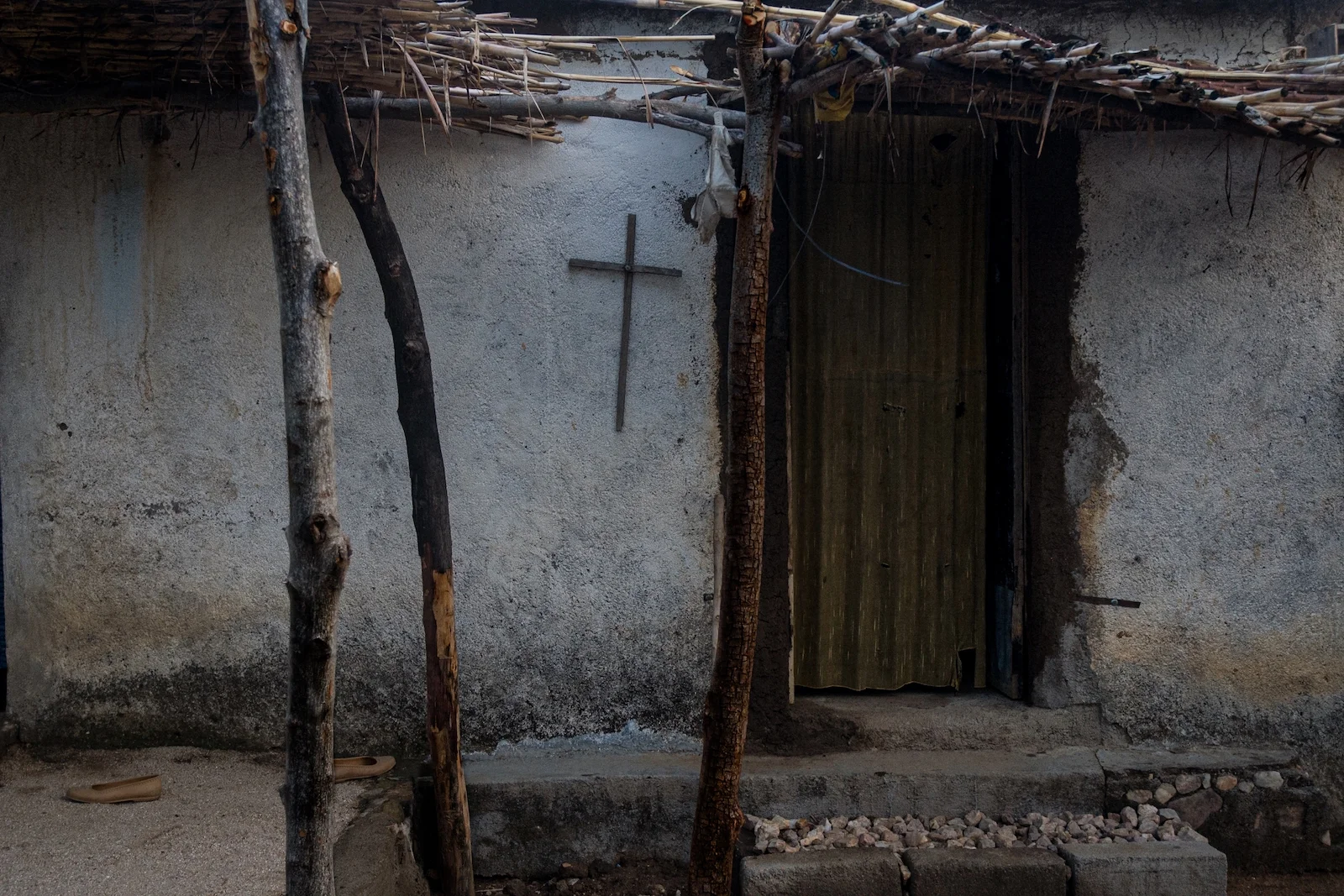
A Silent Genocide Is Unfolding in Nigeria Targeting Christians
There is a silent genocide unfolding in Nigeria—largely ignored, often minimized, and devastating in scope. Across the northern and Middle Belt regions, Christian communities are being methodically targeted by Islamist extremist groups such as Boko Haram, Islamic State West Africa Province (ISWAP), and radicalized Fulani militias. Tens of thousands have been killed, millions displaced, and churches and homes left in ruins—yet the world has mostly looked away.
Despite the staggering scale of the crisis, the international community’s response has ranged from indifferent to nonexistent. Vulnerable populations continue to absorb the full force of an escalating campaign of terror while global leaders offer only muted concern.
According to the International Society for Civil Liberties and Rule of Law (Intersociety), more than 62,000 Christians in Nigeria have been killed by Islamist groups since 2000, with over 8,000 of those deaths occurring in 2023 alone. The violence has been especially concentrated in Plateau, Benue, Kaduna, and Borno states, where entire villages have been wiped out, churches reduced to ash, and families massacred.
Among the most horrifying recent episodes are the 2023 Christmas Eve slaughter in Plateau State that left nearly 200 dead and the 2025 Palm Sunday massacre in Zikke village, where Fulani militias killed 56 Christians—including 15 children.
But the horror doesn’t stop at the body count. Since 2000, 18,000 churches and 2,200 Christian schools have been burned to the ground. Over five million Christians have been driven from their homes, crammed into overcrowded and poorly supplied internally displaced persons (IDP) camps, or forced to flee across borders. Women and girls have borne a particular burden—abducted, forcibly converted, and subjected to sexual violence. Leah Sharibu’s case remains emblematic: kidnapped in 2018 by ISWAP and still held captive for refusing to renounce her faith.
These acts of violence are not isolated incidents. They are part of an orchestrated campaign fueled by religious and ethnic animus. Fulani militias—predominantly Muslim—regularly target Christian farming communities in the Middle Belt in what many see as a calculated effort to displace them and seize their ancestral lands. Boko Haram and ISWAP have made no secret of their aim: the eradication of Christianity from Nigeria’s north in pursuit of an Islamist caliphate. Meanwhile, the Nigerian government has been accused not just of inaction but complicity, its failure to prosecute perpetrators allowing the violence to metastasize.
What is unfolding in Nigeria is a deadly convergence of religious extremism, ethnic conflict, and government dysfunction. Since 1999, 12 northern states have adopted strict interpretations of sharia law, marginalizing Christian minorities and entrenching systemic discrimination in education, employment, and civil life. The rise of Boko Haram in 2009, the emergence of ISWAP, and the radicalization of Fulani herders have all been sustained by ideological and financial support from external Islamist networks, including links to the Muslim World League and Egypt’s Muslim Brotherhood.
Environmental stressors like desertification have exacerbated tensions over land use between herders and farmers, but such factors do not explain the deliberate targeting of Christian churches and holidays. These are not resource disputes. They are acts of religious persecution, often preceded by ominous warnings: “[You] will not celebrate Christmas.” Reports suggest Nigerian security forces have stood down in the face of violence, at times disarming Christian communities while shielding Fulani attackers.
In the face of such atrocities, international silence has become a form of complicity. Statements of concern and diplomatic gestures fall woefully short. What is needed now is decisive, coordinated action.
The United States should reinstate Nigeria’s designation as a “Country of Particular Concern” (CPC) for severe violations of religious freedom, as the U.S. Commission on International Religious Freedom (USCIRF) has recommended. This move would restore pressure on the Nigerian government to confront religious persecution and allow for the imposition of targeted sanctions. The European Union and the United Kingdom should follow suit, signaling a unified global response.
At the United Nations, the Human Rights Council must establish a dedicated commission to investigate the mass killings of Christians and moderate Muslims. Such a body should collect and publish evidence of potential genocide, while demanding accountability from both perpetrators and complicit officials.
Beyond diplomatic measures, the humanitarian crisis requires urgent attention. IDP camps in Nigeria remain dangerously underfunded and underserved. The international community must provide the food, shelter, and medical care these displaced populations so desperately need.
Western governments—particularly the U.S. and UK—should also assist Nigeria in developing a specialized counterterrorism strike force capable of targeting Boko Haram, ISWAP, and Fulani militant cells. A similar strategy has shown success against al-Shabaab in Somalia and could be replicated here with strong international backing.
Diplomatic leverage must also be brought to bear. Aid to Nigeria should be conditional on measurable steps to protect Christian communities and prosecute offenders. Sanctions should be imposed on Nigerian officials found to be enabling or ignoring religious violence.
Meanwhile, global media and human rights organizations must refuse to look away. Advocacy groups such as Open Doors and Intersociety have long raised alarms, but mainstream coverage often avoids the religious dimension, framing the bloodshed as an agrarian conflict. This obfuscation must end. Awareness campaigns, digital activism, and public pressure can help break the silence.
The systematic slaughter of Nigeria’s Christians is not merely a domestic issue—it is a global moral failure. The world has failed to listen, to see, and most damningly, to act. Yet amid the rubble and fear, Nigerian Christians endure. Their resilience is a quiet act of defiance against an overwhelming tide of violence.
They deserve more than our thoughts. They deserve our voice, our action, and our solidarity—now, before it’s too late.
